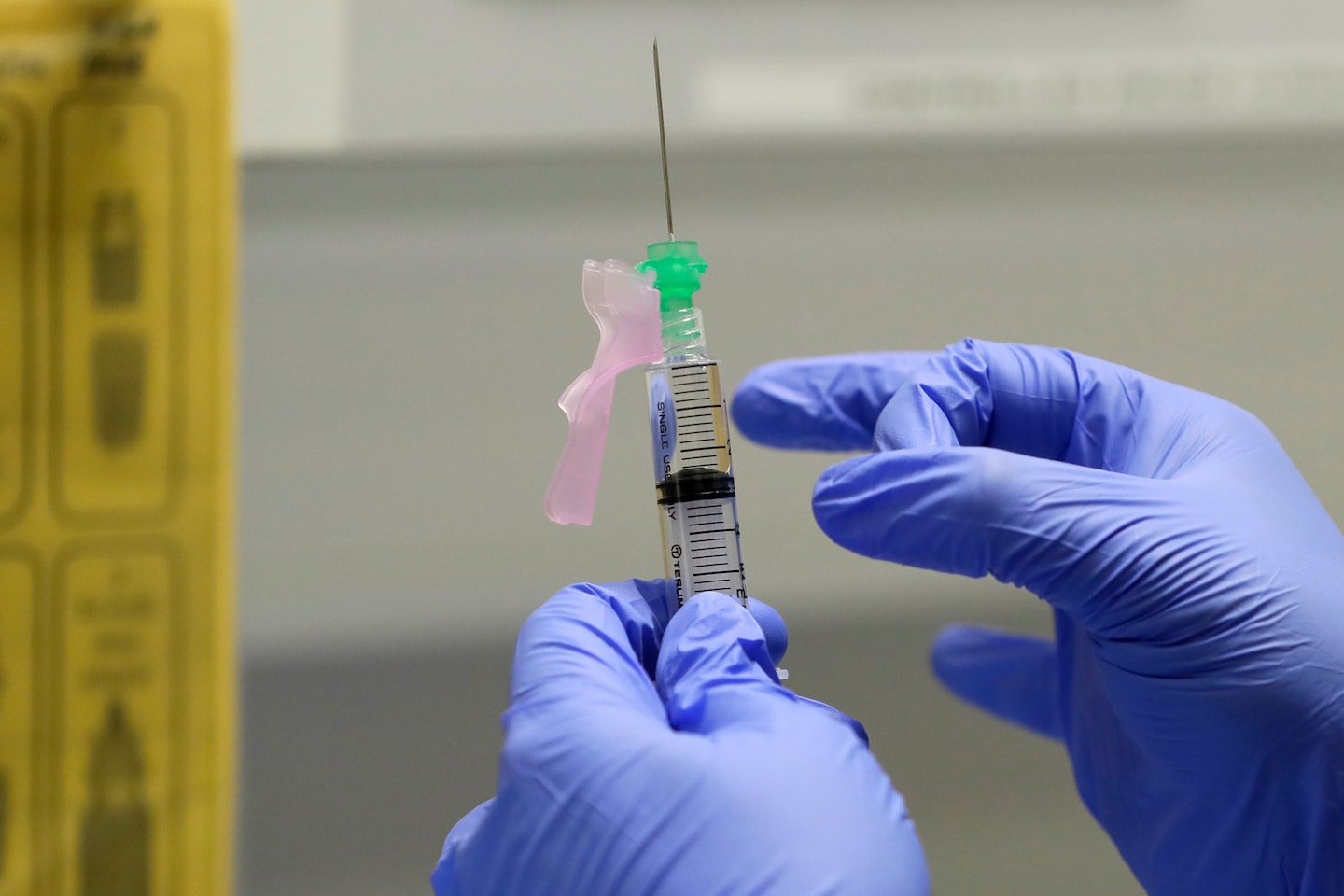Nobody wants vaccine trials to fail. But they just might.

But if that assumption proves faulty (and here’s hoping it doesn’t), all bets are off. There would then simply be no way to estimate when a successful trial might be completed and a vaccine available.
Make no mistake, we desperately need a vaccine to help end this pandemic. And we are all rooting for the success of these vaccine candidates. But, the recent experience of the pharmaceutical company AstraZeneca has shown that things can go awry quickly. The company announced last week that it was placing its Phase 3 vaccine trial on hold after a patient possibly developed a serious vaccine complication called transverse myelitis. AstraZeneca has since announced that it will partially resume its trial, without providing much detail; nevertheless, the episode is a reminder that Phase 3 trials are not some regulatory hurdle erected by obstinate “deep state” bureaucrats. They are in fact essential to assessing a product’s safety and effectiveness — and have for almost 60 years.
Like many other medical products, vaccines are tested in three phrases, starting with a Phase 1 study involving 20 to 80 healthy subjects that assesses how the body metabolizes the vaccine and ensures it is not extremely toxic. If that test is successful, the sponsor may move on to Phase 2, typically a non-randomized study (or studies) that begins to explore the effectiveness of the product over a range of doses and also assesses short-term side effects. A Phase 3 study may begin after that, typically a randomized controlled trial, which in the case of covid-19 vaccines will involve about 30,000 patients and determine definitively whether the vaccine is safe and effective enough for widespread use.
Nine vaccines are in Phase 3, and dozens are in some phase of human testing, but what is the likelihood that they will work? Perhaps not as high as some might think.
In the waning days of the previous administration, a team I led at the Food and Drug Administration released a report including 22 detailed case studies of products in which promising Phase 2 results were not confirmed by subsequent Phase 3 testing. We intended these cases to be illustrative, not exhaustive. We relied only on publicly available information and included only the most clear-cut cases, though many more could have been included.
In these 22 case studies, 14 featured Phase 3 studies that failed to confirm product effectiveness hinted at in Phase 2, one identified a safety issue and seven could not confirm either safety or effectiveness. Phase 3 studies for two products actually demonstrated that they caused a higher rate of the condition they were designed to prevent.
Five of these 22 were for vaccines; four failed to demonstrate efficacy in their Phase 3 trials, while the fifth failed to prove either safety or efficacy.
Of course, each disease and each vaccine is unique. The case study most relevant to our current predicament was a vaccine for the sexually transmitted disease herpes type 2. Two Phase 2 studies for this vaccine showed that patients developed antibody responses similar to those in patients who acquired herpes naturally — much like the antibody responses recently demonstrated in Phase 1 and 2 studies of several candidate covid-19 vaccines. But in two Phase 3 trials for the herpes vaccine involving almost 2,400 patients, the vaccinated groups acquired herpes at the same rate as the placebo groups, and the product was abandoned.
To estimate the likelihood of product success, researchers have used industry data to track compounds that entered into human testing in the past several decades. Such studies typically estimate that only 10 to 14 percent of such compounds are ultimately approved. Those that make it to Phase 3 have an approximately 50 percent chance of being approved.
The public discourse seems to assume that all or most of the covid-19 products undergoing Phase 3 testing will work. But, if past is prologue, there is a chance that some or maybe even all will not prove effective and safe.
In the midst of a pandemic, it remains appropriate to prepare for the possibility that a vaccine will succeed by preparing plans to administer the product and ramping up production, as the administration has done. But what we shouldn’t be doing is ramping up public expectation that an effective vaccine is imminent.
We will soon learn the outcome of these trials. In the meantime, let’s prepare members of the public for the possibility that they may have to continue the social distancing and mask-wearing that, when rigorously practiced, have been so effective in this pandemic.
Watch Opinions videos:
Read more:






